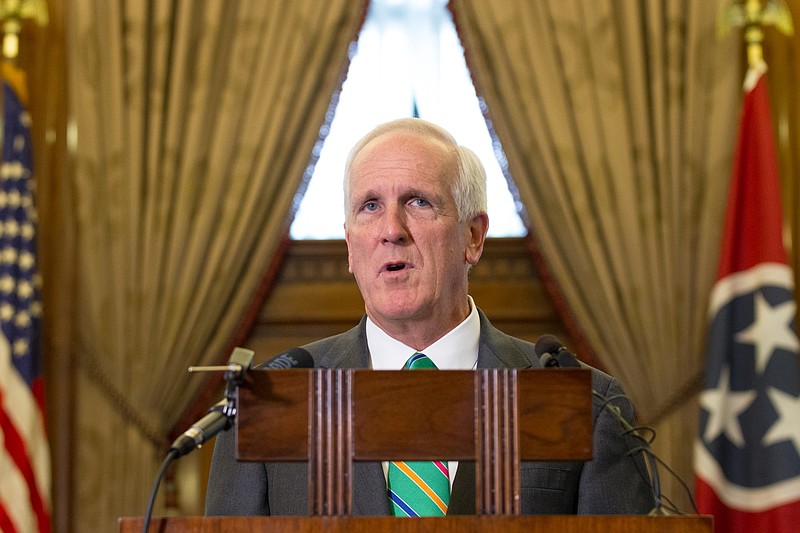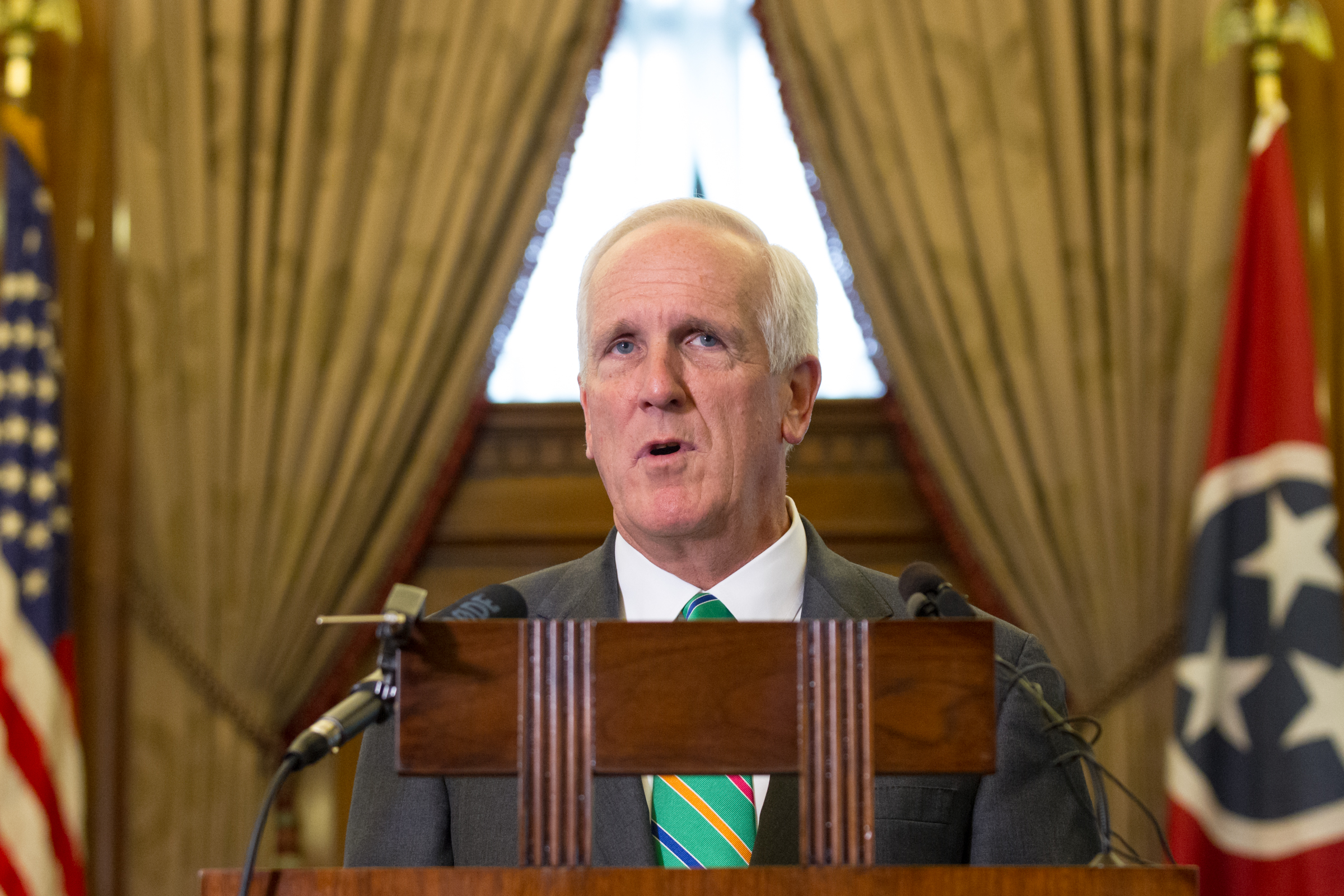NASHVILLE -- Tennessee Attorney General Herbert Slatery and 14 other attorneys general are urging Congressional leaders to protect the tax-exempt status of nonprofit religious organizations following the U.S. Supreme Court decision legalizing same-sex marriage.
The letter asks Congress to modify the Internal Revenue Code to prevent the IRS from revoking the tax-exempt status of nonprofit religious groups, organized as nonprofit corporations, that disagree with the same-sex marriage decision.
"Congress has a long history of enacting laws that provide additional protection to religious groups," Slatery said in a news release. "Protecting the religious freedoms of our State's citizens is a serious matter and we encourage members of Congress to take the necessary steps to preclude the IRS from targeting religious groups in any way."
Also signing the letter were attorneys general in Alabama, Georgia, Arizona, Arkansas, Idaho, Kansas, Louisiana, Nebraska, South Carolina, South Dakota, Texas, Utah, West Virginia, and Wisconsin
Slatery portrayed the issue as an effort to "protect religious freedoms."
The attorneys general say in their letter that their concerns were spurred by comments made by U.S. Solicitor General Donald B. Verrilli Jr. during oral arguments on the case.
Verrilli, they say, "indicated" that the federal government could later determine, depending on the outcome of the case, that certain religious organizations organized as non-profit corporations no longer qualify as tax exempt. That would make donors' charitable contributions to such groups no longer tax deductible.
"Under the First Amendment to the U.S. Constitution, citizens have the right to exercise their religion freely without government pressure to change their minds or penalties for unpopular beliefs," the letter states.
The attorneys general also say "the only significant exception to Congress's provision of tax-exempt status to religious organization is the judge-made public policy doctrine."
Slatery and the other officials' letter goes on to cite a 1983 U.S. Supreme Court case involving the federal tax-exempt status of Bob Jones University, a Christian fundamentalist college, and Goldsboro Christian Schools.
At the time, Bob Jones accepted black students but banned interracial marriage and dating. Goldsboro didn't accept black students based upon its interpretation of the Bible.
Among other things, justices held the IRS acted properly when denying the tax exemption to the schools. They said the First Amendment's religion clauses did not bar the IRS from revoking the tax exempt status of corporations whose practices are contrary to a "compelling" government public policy, such as "eradicating racial discrimination in education."

